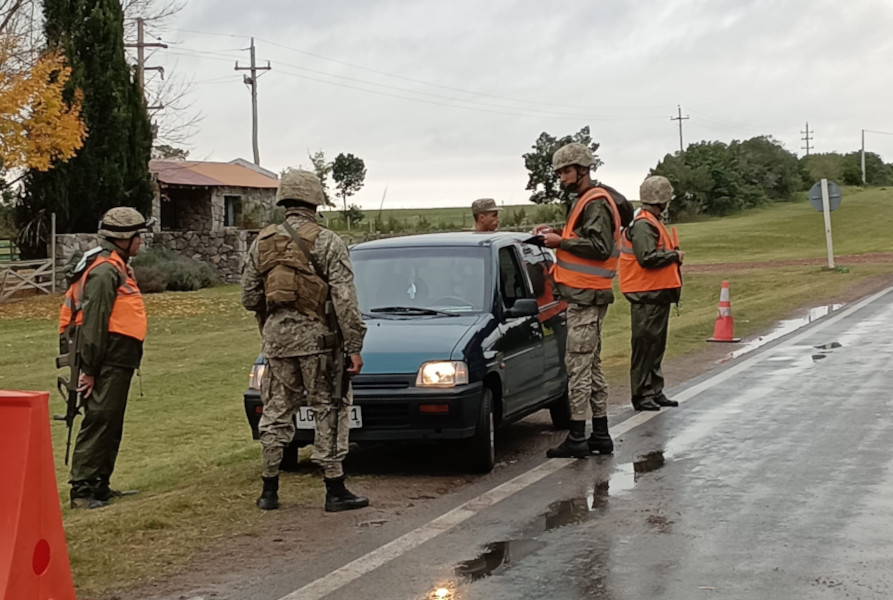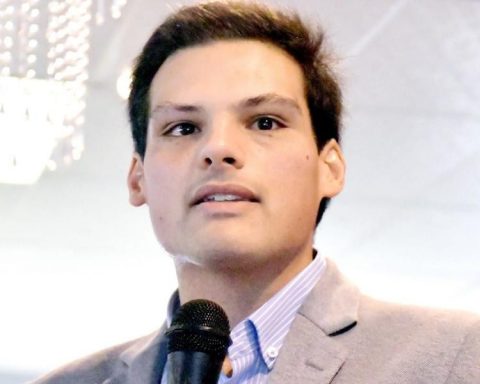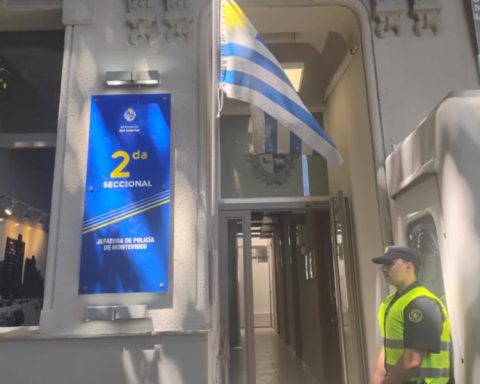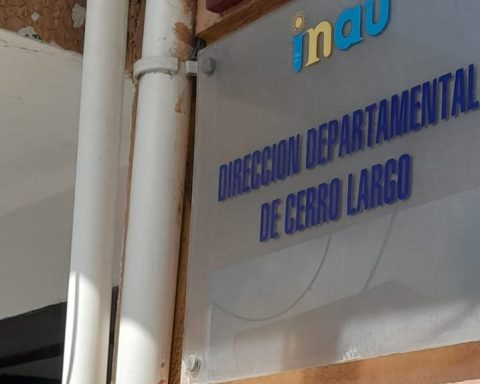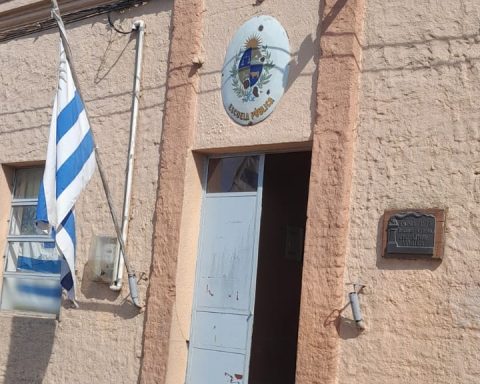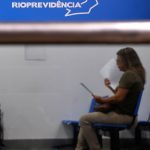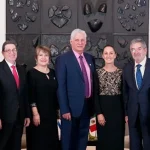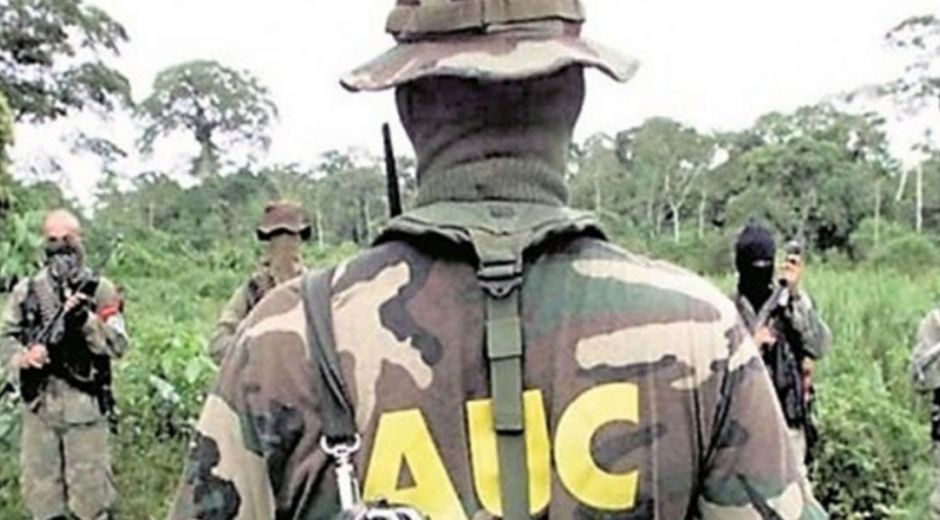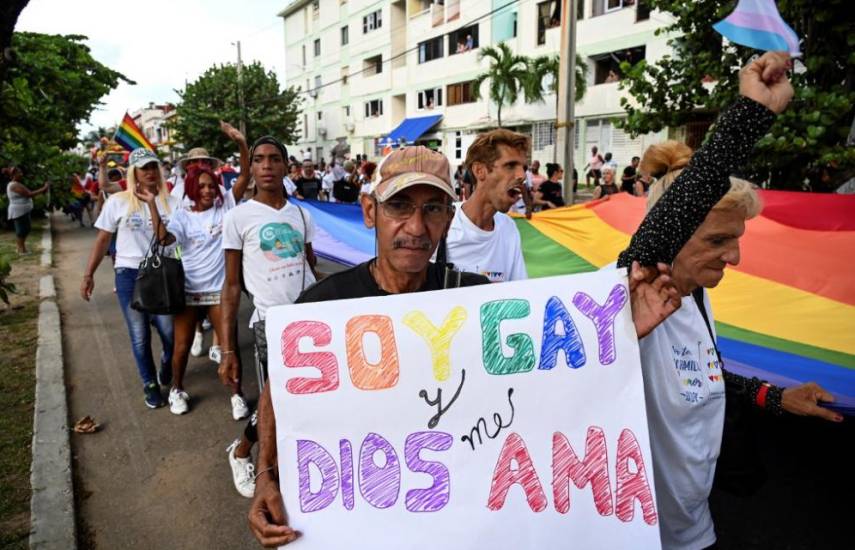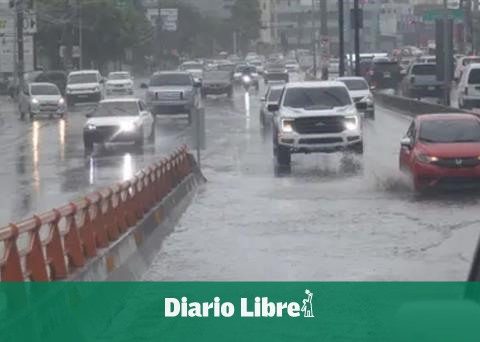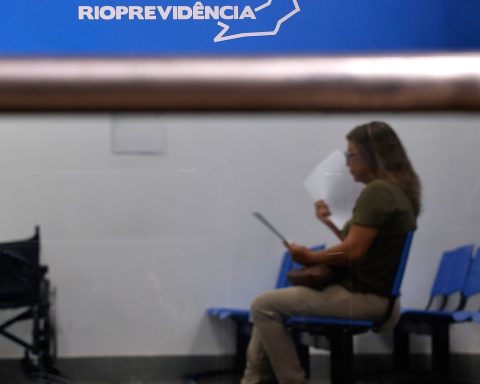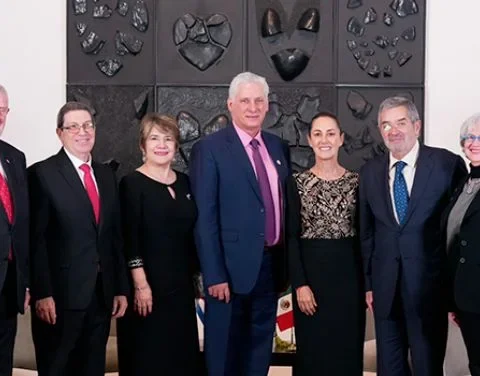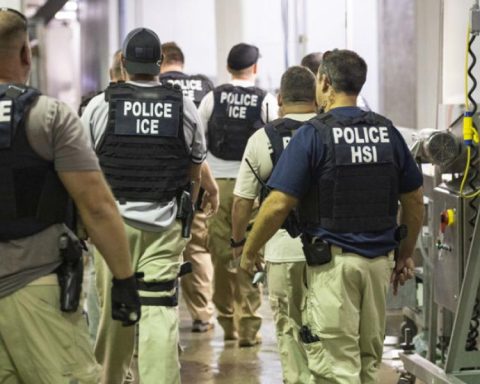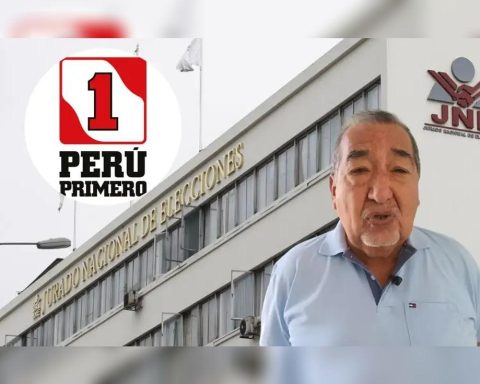Since March 16, 2020, in different parts of the national territory, the troops operate checkpoints, inspect people’s documentation, search vehicles and carry out patrols, with the aim of “deterring” possible illegal, criminal activities.
For the commander of the 2nd Infantry Brigade, Colonel Daniel Ubal, this “support for border security” generated “a before and after” for the Army. “It arises with the pandemic. At that time, the Army began with the distribution of the vaccine throughout the country, it was very challenging, and in turn we were reaching out to society, ”he said in dialogue with EL ECO.
In itself, “we are part of society, suddenly before there were different tasks and missions than what we are doing now. For us it has been very challenging; in these three years we had to train our soldiers, our corporals, our officers, so that they are in that daily contact” with the community.
He considers that this work is carried out as planned as there is “great synergy in terms of working with different agencies, with Customs, Immigration, the Ministry of the Interior, the Navy and the Air Force, the Ministry of Livestock for the control of livestock, and control even the seeds. Now we are also with the control of exotic animals at the border ”.
In addition to these posts, “we are going to be carrying out patrols, and we already have new directives to do even beyond 20 kilometers -from the border-, in these cases as part of updating the letters, to be in more contact with people, observing, talking and seeing the situation they live”.
Ubal understands that since border control was implemented, smuggling has decreased, and it is noticeable “from the one that sold chickens in Canelones and that never arrived with the chickens north of Río Negro; even the onion producer, because before a lot of contraband entered, we see it every day”.
It maintains that there is a notorious “impact” in reference to smuggling, “which is sometimes difficult to quantify, but in this case the presence of the army has been productive, even in more remote places and with difficult accessibility, for example, in all that dry border of the north and northeast of our country”.
